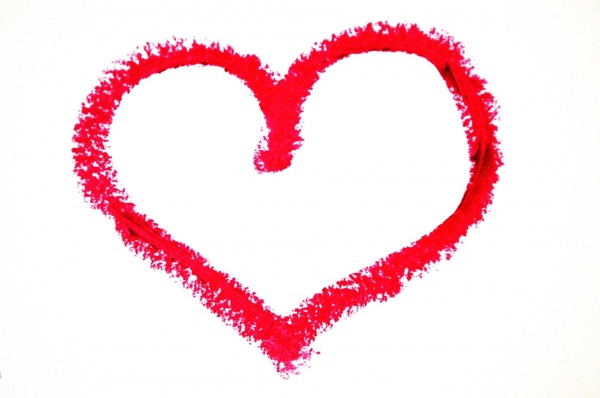 Love is as critical for your mind and body as oxygen, it is not negotiable. The more connected you are, the healthier you will be both physically and emotionally and the less connected you are, the more you are at risk.
Love is as critical for your mind and body as oxygen, it is not negotiable. The more connected you are, the healthier you will be both physically and emotionally and the less connected you are, the more you are at risk.
It is also true that the less love you have, the more depression you are likely to experience in your life. Love is probably the best antidepressant there is. One of the most common sources of depression is the feeling of not being loved.
Most depressed people don’t love themselves and they do not feel loved by others, they also are very self-focused, making them less attractive to others and depriving them of opportunities to learn the skills of love.
There is a mythology in our culture that love just happens. As a
result, the depressed often sit around passively waiting for someone to love them but love doesn’t work that way. To get love and keep love you have to go out and actively seek it by learning a variety of specific skills.
Most of us get our ideas of love from popular culture. We have come to believe that love is something that sweeps us off our feet, but the pop-culture ideal of love consists of unrealistic images created for entertainment, which is one reason so many of us are set up to be depressed. We think it is love when it’s simply distraction and infatuation.
One consequence is that when we hit real love we become upset and disappointed because there are many things that do not fit the cultural ideal. Some of us get demanding and controlling, wanting someone else to do what we think our ideal of romance should be, without realizing our ideal is misplaced.
It is not only possible but necessary to change one’s approach to love to ward off depression. Follow these action strategies to get more of what you want out of life—to love and be loved.
• Recognize the difference between infatuation and real love. Infatuation feels good but rarely lasts.
• Know that love is a learned skill, not something that comes from hormones or emotion particularly.
• Learn good communication skills. They are a means by which you develop trust and intensify connection. The more you can communicate the less depressed you will be because you will feel known and understood.
 There are always core differences between two people, no matter how good or close you are, and if the relationship is going right those differences surface. The right thing to do is to identify the differences and negotiate them so that they don’t distance you or kill the relationship.
There are always core differences between two people, no matter how good or close you are, and if the relationship is going right those differences surface. The right thing to do is to identify the differences and negotiate them so that they don’t distance you or kill the relationship.
You do that by understanding where the other person is coming from, who that person is, and by being able to represent yourself. When the differences are known you must be able to negotiate and compromise on them until you find a common ground that works for the both of you.
• Focus on the other person. Rather than focus on what you are getting and how you are being treated, read your partner’s need. What does this person really need for his/her own well-being? Of course, you don’t lose yourself in the process; you make sure you’re also doing enough self-care.
• Help someone else. Depression keeps people so focused on themselves they don’t get outside themselves to be able to learn to love. The more you can focus on others and learn to respond and meet their needs, the better you are going to do in love.
• Develop the ability to accommodate simultaneous reality. The loved one’s reality is as important as your own, and you need to be as aware of it as if it were your own. What are they really saying, what are they really needing? Depression makes people think the only reality is their own depressed reality.
SHAMSIYA BARA’U AHMED












